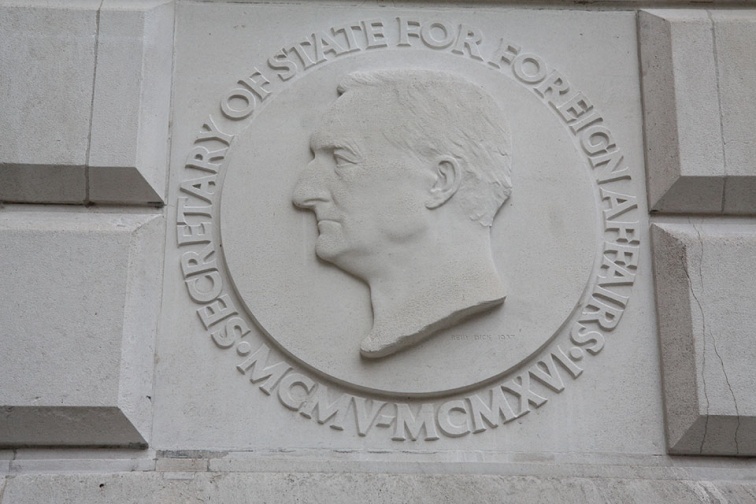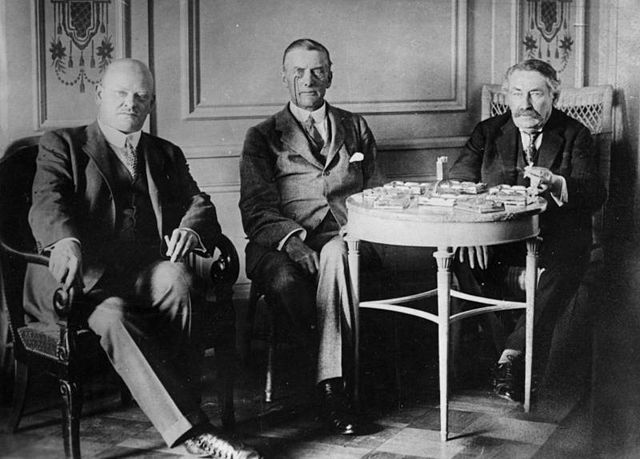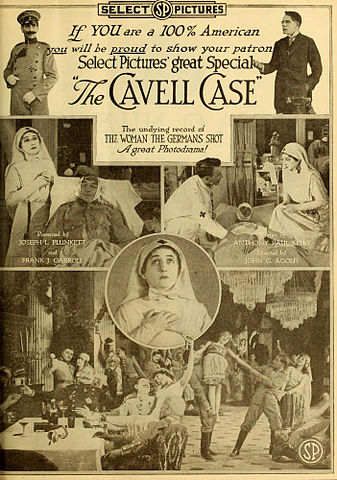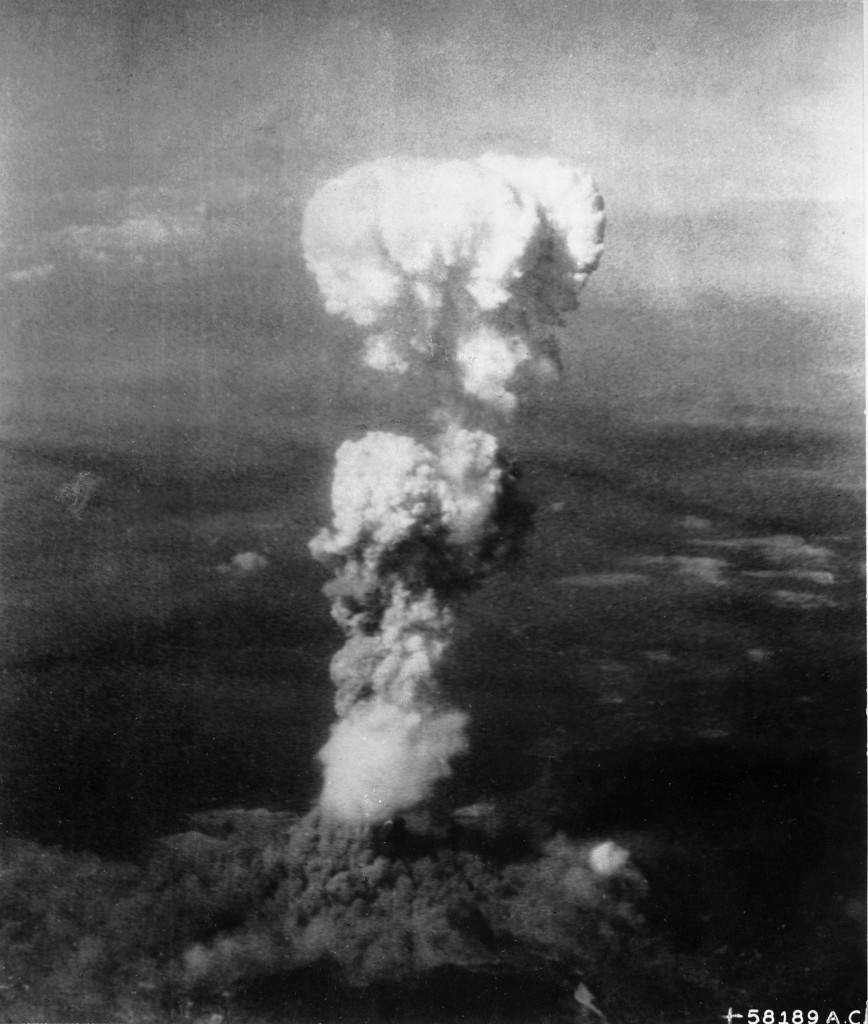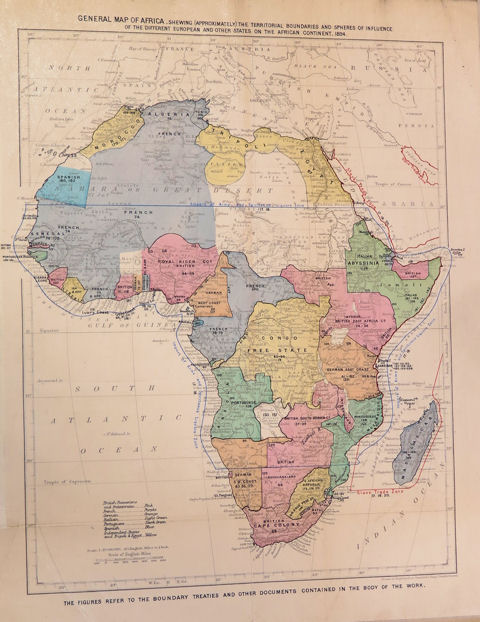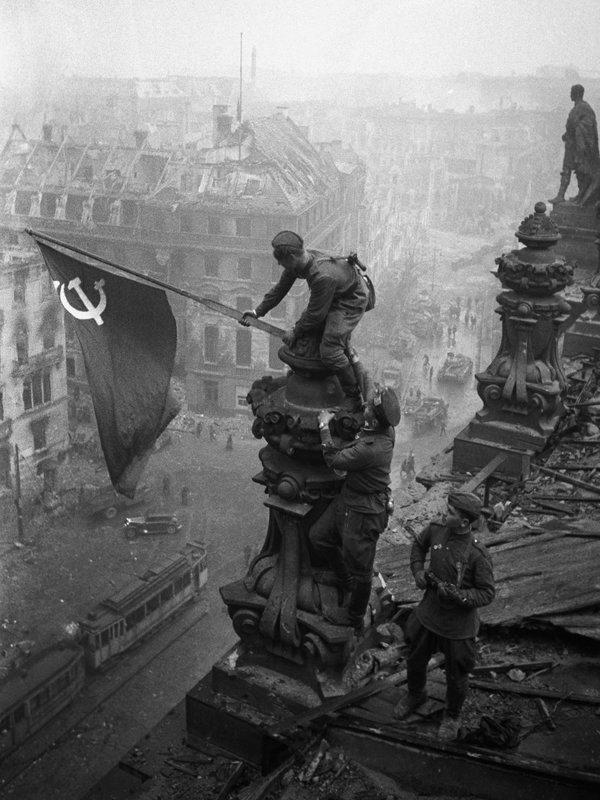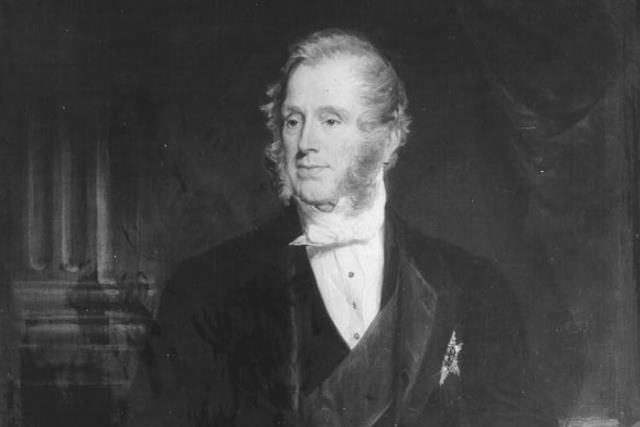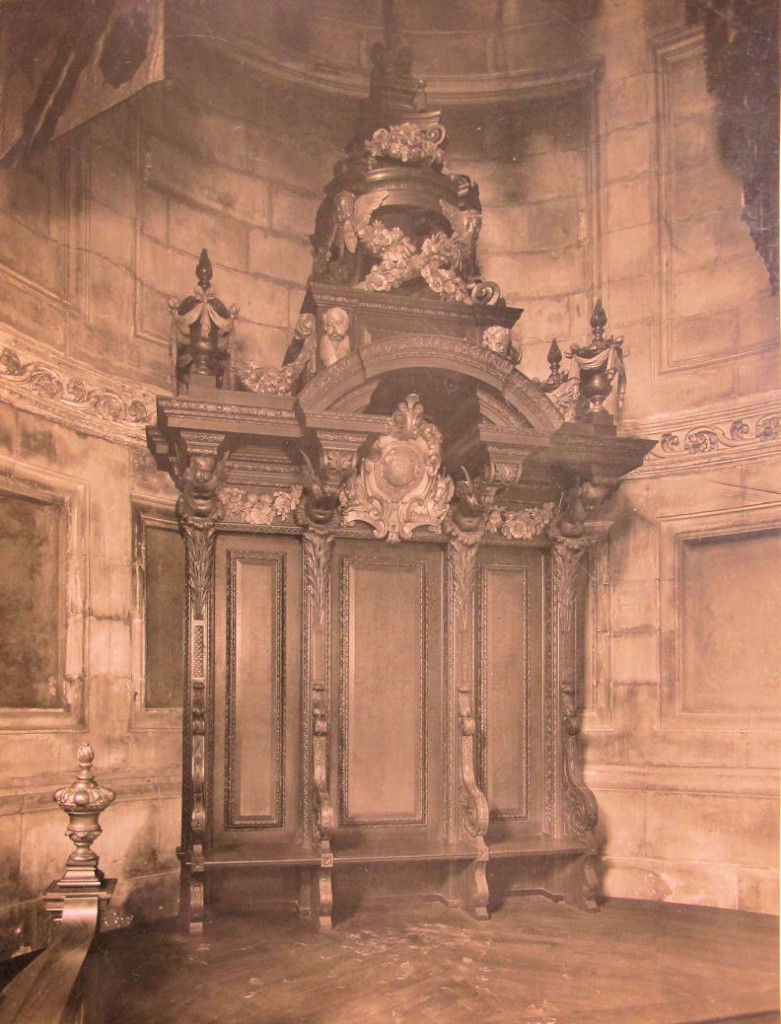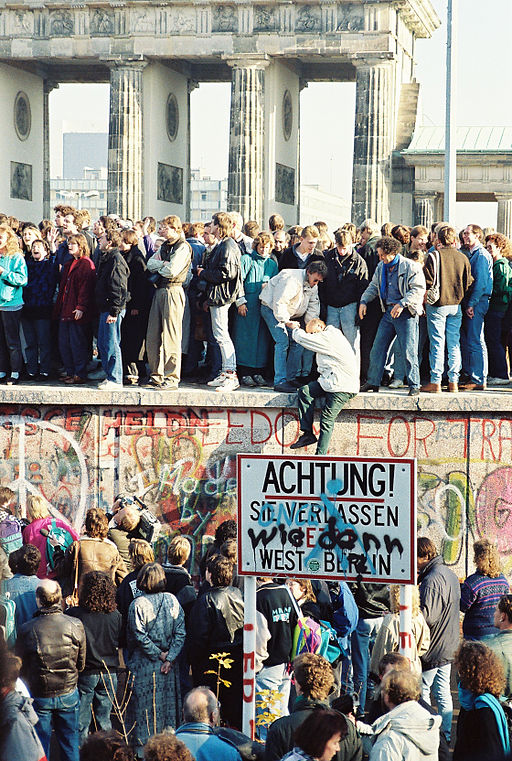Foreign affairs and diplomacy
...today: Foreign Secretary Philip Hammond speaking at the unveiling of the restored Sir Edward Grey memorial For more on how the memorial came to be built see: http://issuu.com/fcohistorians/docs/fco896_gray_memorial_booklet_-_web_812e11dc3c95ff ...
...and Briand for their efforts on Locarno. The previous year it had been shared between Chamberlain for his promotion of the treaty and the American Charles Dawes for his work...
In the early hours of Tuesday, 12 October 1915, Edith Cavell, a British nurse who had been working in Belgium, was executed by the Germans after being found guilty of helping over 200 Allied servicemen escape to England. At her …
...by Stalin and there was no sign that the Japanese leaders were ready to agree to surrender unconditionally. After the successful test at Alamogordo in New Mexico on 16 July...
There are various departments within the civil service which were, you could say, family affairs. The Foreign Office was undoubtedly the department in which this practice was the most spread. Appointments to the diplomatic service were often based upon recommendations and who …
The Battle for Berlin, April to May 1945 The image of the hoisting of the Red Flag over the Reichstag 2 May 1945 has come to represent the ‘total victory’ of Soviet Russia over Nazi Germany in the Second World …
...deeper story of British support for liberal constitutional progress and the promotion of self-government by free peoples against perceived absolutist despotism throughout the world, whether that be through backing constitutionalists...
...lemon tree laden with fruit appeared overnight in the orangery. The surveillance was hardly a surprise to his British and American guests: Churchill, for example, had been warned that he...
The Colonial Office and the Foreign Office have very distinct histories. The British Colonies were initially administered jointly by the Secretary of State for War, and the Board of Trade, who were focused on their own interests, not necessarily the Colonies themselves. From 1795 all …
...Soviet bloc countries to travel freely to the West. They were followed by the special trains which took East Germans through their own country from Prague to the Federal Republic,...
